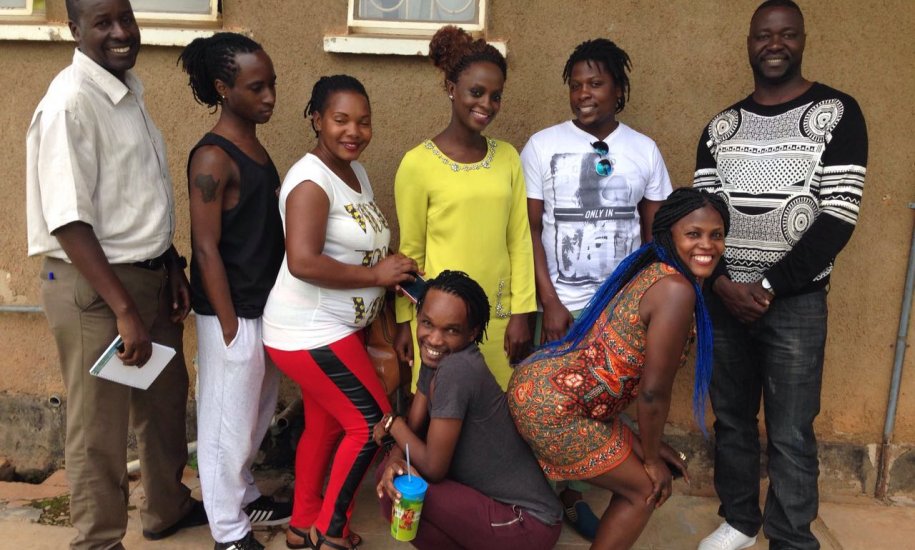
WEIGHT: 52 kg
Breast: 38
One HOUR:250$
NIGHT: +60$
Services: Foot Worship, Facials, Uniforms, Toys, Tie & Tease
KAMPALA, Uganda - One of the most challenging elements of prosecuting gender-based violence crimes is collecting enough evidence to convict perpetrators.
Additionally, many survivors choose not to report, fearing the stigma and retraumatization that can take place while seeking justice. In Uganda, where 50 per cent of women experience violence, the Spotlight Initiative is addressing both these issues by improving the ability of police forensic units to investigate sexual and gender-based violence crimes and to support survivors throughout the process.

The Initiative supported the delivery of three crime scene evidence collection vans to maintain quality of evidence and avoid degradation of DNA samples , 18 crime scene officer kits, 18 crime scene cameras, DNA consumables used for processing evidence and more for use by Police in the investigation of sexual and gender-based violence. In addition to the equipment, crime scene officers were trained in how to conduct gender-sensitive investigations.
Mubiru on the use of narcotics, sedatives and other substances in rapes and sexual assaults. The victims are often university girls, and these men are violating them and their futures.
Doctor Jaffar Kisitu, Head of Forensic Chemistry, describes the liquid chromotagraphy machine as a "game-changer" and trains others in how to use lab technology to detect trace amounts of these drugs. He explained that the chromatographic machine can provide important evidence to prosecute sexual violence crimes and convict perpetrators. According to Mr Mubiru, the turnaround time on case investigation has been greatly reduced, as police now have an in-house DNA processing laboratory in addition to the Government Analytical Laboratory.


































